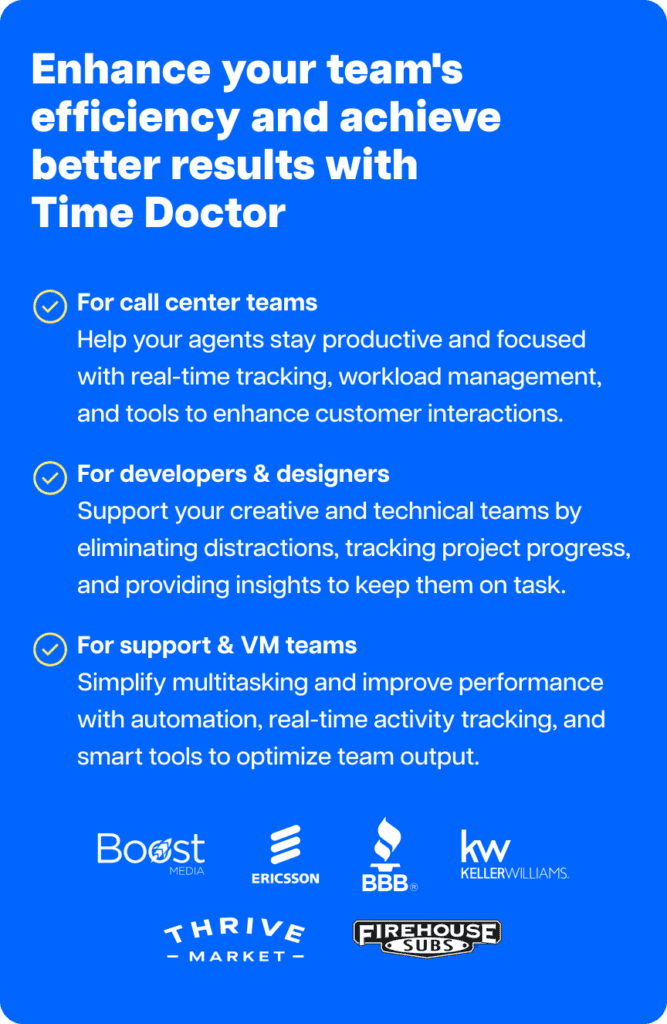In the world of work, even the most exciting jobs, like being a scientist or a virus hunter, have their share of boring tasks. Neuroscience suggests that being bored can be good for you, but the question still stands: how can you deal with boredom in a way that keeps you engaged and productive?
Understanding workplace boredom
Workplace boredom occurs when an individual feels uninterested and unengaged with tasks due to their repetitive, monotonous, or unchallenging nature. It’s a state where mental stimulation is absent, leading to a lack of motivation and decreased performance.
While boredom is a common emotional experience in the workplace, it can signal that one’s skills and capacities are underutilized. Recognizing and addressing this boredom is crucial as it affects individual productivity and can also impact overall job satisfaction and emotional well-being.

The hidden costs of boredom
Having to deal with a backlog of paperwork or attending consecutive meetings may easily make even the most motivated professional’s day uninteresting. This is a regular occurrence. The true problem with workplace boredom isn’t the tedious times per se; rather, it’s the long-term consequences they have on one’s concentration and output.
Low-brain-distraction tasks, like stamping hundreds of envelopes, may appear doable at first, but they come at a price. The effects of suppressing sensations of boredom are not eliminated; rather, they are only delayed, resulting in a decline in productivity and attention that may reappear later, akin to a game of whack-a-mole.
New insights from neuroscience
Recent studies have shed light on more effective strategies to combat boredom. Research, published in peer-reviewed journals, suggests that alternating between mundane tasks and those that hold personal significance can mitigate the negative impacts of boredom. This approach helps prevent boredom from affecting subsequent activities, allowing for sustained productivity.
Practical tips for managing workplace boredom
To effectively manage boredom at work, consider the following strategies:
Introduce meaningful tasks
Regularly intersperse tasks that feel personally significant or contribute to a larger goal. This not only breaks the monotony but also rejuvenates your motivation and focus.
Shift perspectives
Reframe how you view mundane tasks. Understanding their role in achieving broader objectives can imbue them with new meaning and reduce feelings of boredom.
Take scheduled breaks
Allowing time for short breaks during long periods of repetitive work can help reset your mental state and improve overall productivity.
Foster an engaging environment
Encourage a workplace culture that allows for creativity and personal growth. This can transform how mundane tasks are perceived and increase overall job satisfaction.
Conclusion
You can’t avoid getting bored at work, but it doesn’t have to take over your day. Keeping a high level of productivity and job happiness is possible by planning how and when you do different kinds of work. Use these tips to change how you deal with boredom and make your work life better.


